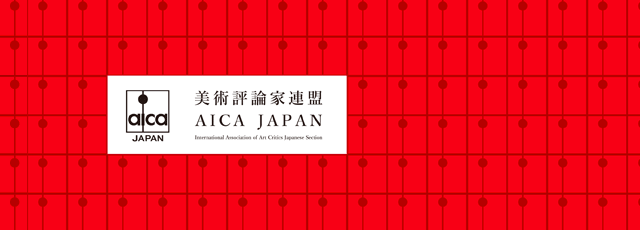
The Japan branch of the International Association of Art Critics (AICA) has released a statement on the closure of After “Freedom of Expression” at Aichi Triennale 2019. An exhibit of works that have experienced various forms of censorship at public art institutions in Japan, “After ‘Freedom of Expression?'” was on view at the Aichi Arts Center in Nagoya, one of the Triennale’s main venues. The exhibit, which included a work addressing the legacy of the Japanese military’s use of so-called “comfort women” during World War II, as well as works incorporating the image of the Showa Emperor, the Japanese head of state during the war, was shut down as an emergency precaution after members of the public overwhelmed the Triennale staff with harrassing phone calls objecting to the content, and a fax was sent threatening an attack on the venue with gasoline and fire. Comments calling for the closure of the display by politicians including Nagoya mayor Takashi Kawamura, and the suggestion by Chief Cabinet Secretary Yoshihide Suga that the Triennale could lose its funding from the national Agency for Cultural Affairs, have led many to conclude that the Triennale’s response is tantamount to an act of censorship.
Dated August 7 and signed by AICA Japan president Fumio Nanjo, the AICA statement, which is written in Japanese, expresses grave concern about the situation, firmly stating that “the suppression of expressive activities by violence and threats is unacceptable.” It continues, “Although it is the role of local authorities, including the police, to protect citizens’ activities from violent acts, giving in to violent demands for the closure of the exhibition on the grounds of protecting citizens from that violence is [problematic].” The critics warn that this could damage citizens’ trust in the state, which they see as one of the foundations of democratic governance.
The statement asserts that state support for “public” cultural initiatives must “guarantee the spirit of the constitution rooted in democracy, guarantee a diversity of voices and views. Respecting criticism [of the state] as one view without taking away opportunities to deepen consideration and discussion of that view is precisely one of the principles of public support for culture.” It adds that the removal or concealing of works by authorities is an obstruction of the public’s right to knowledge and is not conducive to healthy cultural development.
The statement singles out Chief Cabinet Secretary Suga for criticism, commenting that his suggestion that national funding could be withheld from future editions of the Triennale is a form of intimidation that implies views and voices that are not conducive to government policy will be excluded from the public sphere. “Guaranteeing opportunities for expression does not necessarily mean that one has to sanction the content of that expression. It is about guaranteeing the opportunity for each individual citizen to look, feel, and think for themselves.”
The statement concludes that “If we accept this latest incident, it will inevitably lead to the atrophy of not just Aichi Triennale 2019 but all expressive activity going forward.”
The Triennale opened to the public on August 1 and the decision to close the “After ‘Freedom of Expression?’” exhibit was made on August 3. On August 6, participating artists in the Triennale released a statement objecting to the closure of the exhibit. Although 72 artists initially signed the statement, there are now 87 signatories as of this writing.
An English translation of the statement was posted to the AICA Japan website on August 15. It can be found here.
International Association of Art Critics Japanese Section
This article was updated at 10:18am on August 23, 2019.
